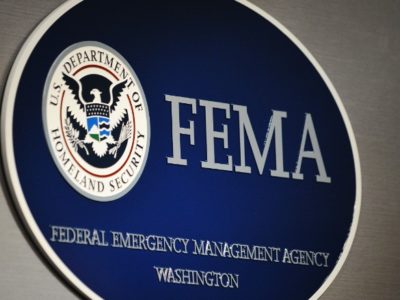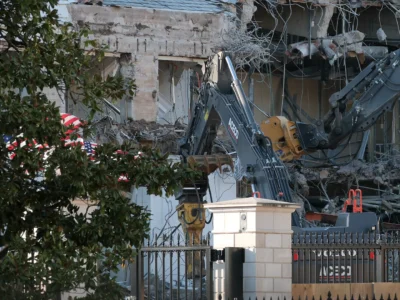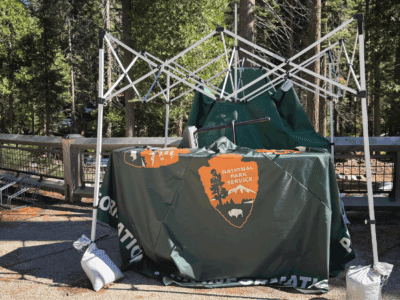It’s back.
Land sale provisions are back in reconciliation. And they are far worse than before.
Last time I posted on this topic, the Republican majority in the House of Representatives was considering a provision to sell or dispose of public lands in Utah and Nevada, arguably on the grounds of facilitating needed housing production around growing metropolitan areas. That provision was criticized across the political spectrum, received opposition from a leading House Republican, and ultimately was stripped from the bill.
The Senate Committee on Energy and Natural Resources has now introduced its proposed reconciliation bill language, and Committee Chair Mike Lee, Republican from Utah, has re-introduced a proposal for selling public lands, but a much, much more aggressive version. While the House version only would have mandated the disposal of about one-half of a million acres of federal land, the Senate version mandates the sale of .5 to .75 percent of all BLM and National Forest land in the United States. In percentage terms, that might seem small. In terms of total acreage, it is between 2.2 and 3.3 million acres of land. The upper end is almost the size of Connecticut.
But it’s worse than that. The House bill specified specific parcels, or at least required a nomination process by local and state governments with consultation with the federal government, and restricted sales to specific locations. The Senate proposal would allow these sales to occur anywhere in the Western United States (except Montana, more on that in a second), excluding certain protected areas. And nominations for sales can be made by anyone. In theory, the land sales are supposed to be for housing purposes; state, local, and tribal governments are to be consulted on sales; land sales are supposed to prioritize housing production near developed areas; and the federal government is supposed to put a covenant on the sale of the lands to ensure their use for housing.
And it doesn’t take much imagination to see how those provisions would be sidestepped. A nomination just has to say they will use the land for housing; state, local and tribal government opinions can be ignored; prioritization is not a prohibition on sales that are not located near developed areas and that would not significantly contribute to housing; and covenant restrictions may not be enforced. It is not hard to see any of that happening in this administration. And in any case, sale of lands near developed areas for housing easily includes the sale of scenic land, highly valuable to the public for recreational and conservation purposes, to wealthy purchasers for the construction of expensive mountain homes. For instance, why not propose a sale of Forest Service land in the mountains around Aspen Colorado to build your dream vacation ski house, with fabulous views? So what if the locals lose their favorite trail access?
As I’ve said, I’m supportive of limited federal land sales and transfers to provide for needed housing. But this is far from that. Indeed, this is the kind of proposal that in the past has inspired strong opposition from rural and urban communities across the West. (It does seem that certain abundance-oriented advocates, who earlier expressed support for sale of public lands to facilitate housing, may have been taken advantage of by those with more aggressive goals for public lands sales.)
How broadly does the provision apply? This map makes clear that it is the large majority of public land that is at stake. While wilderness areas and national parks are excluded, there are many conservation areas that are not protected from land sales. For instance, wilderness study areas (WSAs) and areas of critical environmental concern (ACECs) are lands designated by BLM for important conservation and wilderness values, but these could be sold. And there are many, many federal lands that are valuable for their recreational, wildlife, conservation, and other multiple-uses that would be potentially privatized, with public access lost, and protections for important resources gone.
Why the . . . . interesting exclusion for Montana? It appears to be an effort to avoid opposition from the Montana delegation. Senator Daines from Montana has previously opposed land sales, and Representative Zinke from Montana strongly opposed the House provision and was likely the major cause for it being pulled at the last minute. Representative Zinke, at least, has indicated that excluding Montana does not change his opposition. We shall see about other Western Republicans, and their position on what is, in effect, a large-scale sale of the American public’s lands.







Reader Comments